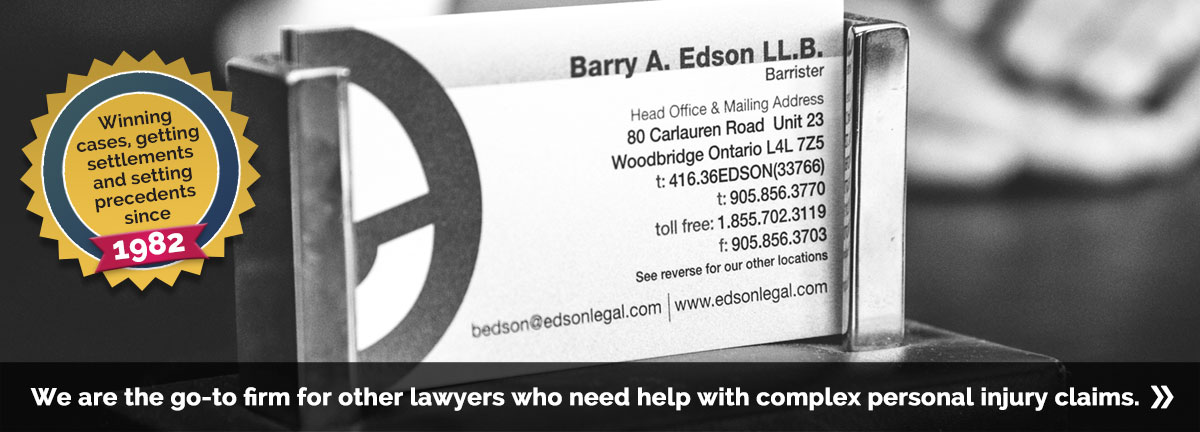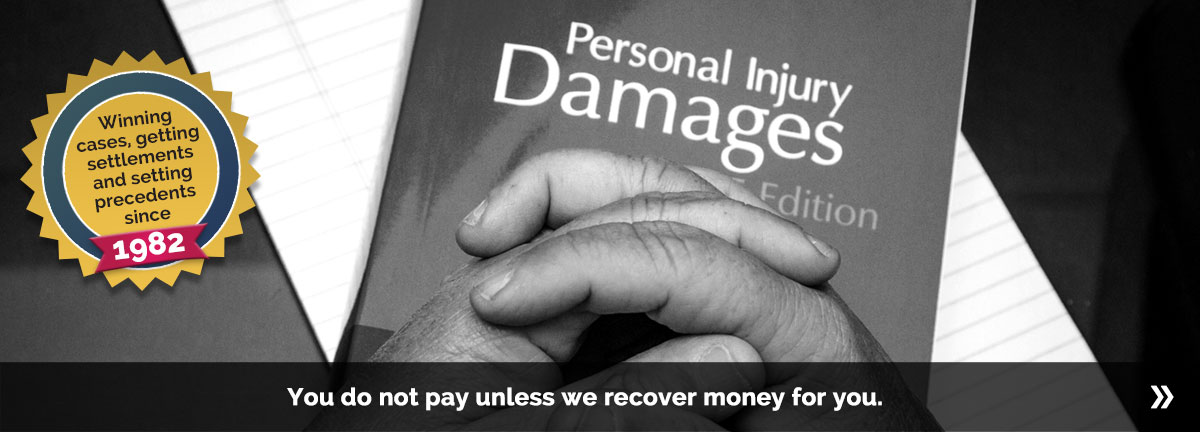How to sue for police harassment
Police officers receive adequate training to ensure that they’re able to set aside their personal biases when on the job. Unfortunately, some police officers use their powers under the law to commit acts of police harassment. These actions of unjust assumptions or abuse of power can lead to a civil lawsuit and disciplinary action by their superiors. As a victim of police harassment, you can commence a lawsuit against the law enforcement officers to get compensated for any damages incurred.
Have you been harassed by the police? Wondering if you can sue for police harassment? As a civilian, you may expect that all law enforcement officers have a duty to protect and serve the community. While most of them do, there are some who abuse their power and end up facing police misconduct cases. With the help of a lawyer, you will understand your rights and take steps to pursue compensation for any damages incurred as a result of police misconduct.
There are many situations that may be classified as police harassment. For instance, if police officers are overly aggressive or threatening when questioning a suspect, perform an illegal search and seizure, or stop and frisk an individual illegally, such conduct may be considered police harassment.
What is police harassment?
Harassment may involve actions, gestures, making demands, or showing visual displays such as photographs that are intended to irritate or bother the victim in order to cause them to act in a certain way. There have been many cases of ordinary citizens who are harassed by law enforcement officers during questioning, search and seizure, and arrests. Granted, law enforcement officers have a right to stop and question anyone who they believe has committed or may be involved in a crime. However, every individual has a constitutional right to be protected against situations such as unreasonable search, interrogation without the presence of a lawyer, and unlawful detainment.
There are sometimes cases where police officers are involved in sexual harassment or sex-related violations on adults on minors of the opposite or same sex. Sexual harassment includes consensual sexual activity that occurred when a police officer was on duty. Other issues such as child molestation may be considered as police harassment.
Common examples of police harassment
Police harassment can take different forms. This includes:
- Illegal search and seizure
- Use of excessive force
- Racial profiling
- Illegal detention
- Police intimidation and verbal abuse
- Firearm-related complaints
- Complaints that involve illegal use of police dogs, chemical weapons, or vehicles
- Physical force and unnecessary use of tasers
- Sexual harassment and sexual misconduct on adults or minors of the opposite or same sex
Law enforcement officers are entrusted with the responsibility of serving and protecting you. If you suffer unfair treatment at the hands of any law enforcement officers, it is important to seek legal advice. If you or a loved one is a victim of police harassment, you may be eligible to recover compensation for pain, suffering, medical expenses, and more. A police brutality lawyer helps you fight for your rights and ensure that you receive the justice you deserve. Contact Edson Legal – personal injury lawyer in North York for FREE CONSULTATION at 1-855-702-3119




